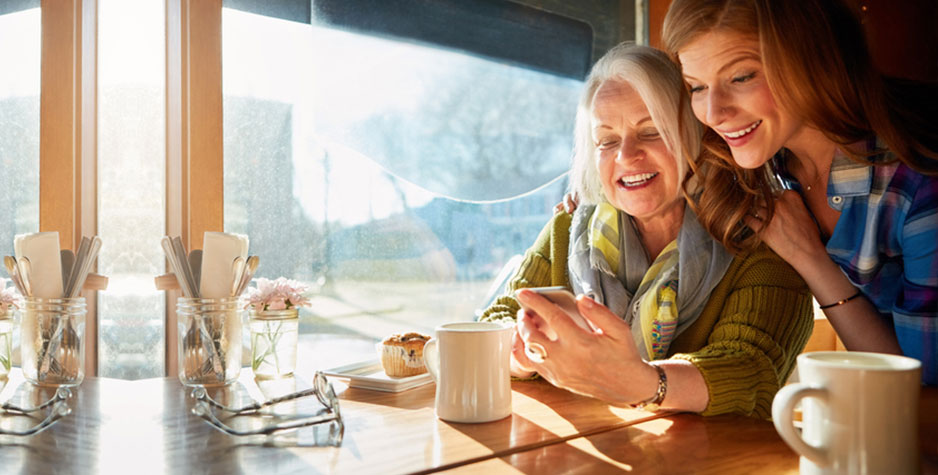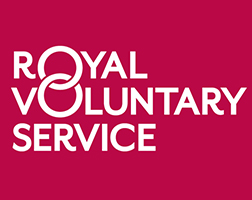How to Care for Elderly Relatives: You’re not alone

Since the dawn of time, adult children have been taking care of their elderly parents, especially when they are ill, frail, or have some form of cognitive dysfunction. Lifestyles have changed over the years, however, and now adult children have to care for their parents while balancing their own families and work, and ensuring their financial situation enables them to meet all their obligations.
Emotional burnout is a serious risk and the emotional overload can weaken immune functioning, making family carers vulnerable to physical illnesses.

You don’t have to do it all on your own
There are several resources available that provide advice and support for family carers. Let’s take a look.
The first step is to figure out what types of care are needed. The second step is to figure out what is and is not possible for you to manage.
DailyCaring recommends that you make a list with columns for daily, weekly, and monthly tasks. Ensure you include everything by writing down each task as it is carried out. Add some notes about the task so that you also know how much time and effort are required.
Do this for at least two or three months to capture regular once-monthly tasks and even once-quarterly tasks, such as check-ups with a medical specialist.
DailyCaring covers a number of topics, including tips on how to manage stress and prevent burnout, what to look for when hiring an in-home carer, and where to find senior companion programmes so your parents aren’t alone for large parts of the day.
Resources

Elder.org is a live-in care agency that undertakes to match your parents with the carer who best meets their needs and personality. It operates in London, East and West Midlands, Scotland, Wales, Yorkshire, and from the Northern down to the Southern counties. It has a number of helpful articles, including home adaptations for physical disabilities and accessing financial aid.

CABA offers a number of free services that assist and support carers, including arrangement for power of attorney, specific grants and donations for home adaptations, safety equipment, and mobility aids, and emotional support to help adult children cope with the emotional fallout that comes with the transition from child to care giver.

GOV.UK provides all the information you need to claim benefits as a carer. These include:
- Carer’s Credit
- Carer’s Allowance
- Carers UK, with links to information on tax credits and other benefits

AGE UK is a comprehensive resource that covers all aspects of elderly care, for the elderly themselves and their carers. Resources for carers include:
- Financial support
- Dementia care
- How to balance work and caring
- Changing roles, including responsibilities and time demands
- Coronavirus considerations, including caring for someone in your home and caring for someone in a separate home

Surewise provide comprehensive insurance for many aspects of Care work. These include:
Royal Voluntary Service
Royal Voluntary Service is a volunteer-based organisation that provides a range of support services, including driving to appointments and shops, social clubs, age-appropriate exercise classes, and companionship.


Carers Trust is a charity dedicated to the health, wellbeing, and support of carers. Information provided includes:
- Benefits calculator, grants and discounts
- Carers’ self-care
- Caring for specific medical conditions and disabilities, especially coping with challenging behaviour
- Support for young carers
- Legal advice
- Advice for carers trying to balance caring responsibilities with studying, working, and actively seeking employment.
Caring for your elderly parents is hard work. Many adult children are prepared, to a certain degree, for physical demands, but don’t think about the emotional strain, including the grief that accompanies the loss of the parent-child relationship.
You don’t have to shoulder the responsibility alone. Take advantage of the support services available to ensure everyone’s wellbeing.